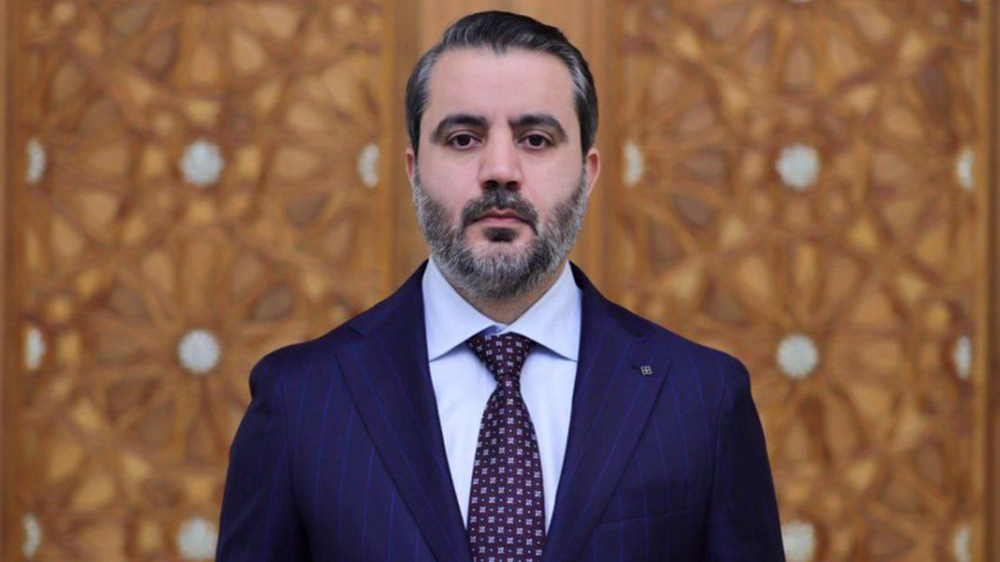UNESCO denounces Daesh Palmyra destruction
UNESCO has strongly condemned the Daesh Takfiri terrorists for blowing up the Arc of Triumph in the world-renowned ancient city of Palmyra in Syria.
UNESCO's director-general, Irina Bokova, on Monday said the destruction of the 2,000-year-old Arc showed that the Daesh "extremists are terrified by history and culture."
"This new destruction shows how extremists are terrified by history and culture - because understanding the past undermines and de-legitimizes their claims - and embodies an expression of pure hatred and ignorance," she said.
Bokova noted that Palmyra "symbolizes everything that extremists abhor - cultural diversity, dialogue between cultures (and) the encounter of peoples of all origins".
"There will be no impunity for war criminals, and UNESCO will make every effort, at its level, and in close cooperation with the International Criminal Court, to make sure that the perpetrators of the destruction are tried and punished," she said.
In early July, Bokova had warned that the Daesh terrorist group was looting ancient sites across Iraq and Syria on an "industrial scale."

Maamoun Abdulkarim, Syria’s antiquities chief, said witnesses in Palmyra had confirmed that the Arch of Triumph "was destroyed yesterday (Sunday). ISIL (Daesh) booby-trapped it several weeks ago.”
Known as the “Pearl of the Desert”, the ancient oasis town of Palmyra was listed as a world heritage site by UNESCO in 1980.
The Daesh militant group, which controls parts of land in Syria and Iraq, overran the historical city in the central Homs Province on May 21.Since then the terrorist group has blown up a number of temples and mined other monuments.
Furthermore, Takfiri militants have demolished several holy shrines and mosques belonging to Shia and Sunni Muslims in the militancy-riddled regions of Syria and Iraq.
Both nations’ historical sites have been exposed to widespread looting and damage by Takfiri militants in recent years.
‘Abhorrent’: Oxfam says only 12 trucks delivered aid in North Gaza since Oct.
VIDEO | Leader receives religious eulogists on Hazrat Fatima birth anniv.
Pope Francis slams Israel’s ‘machine-gunning’ of Gaza children
US hostage-taking of Iranian nationals violation of intl. law: Deputy FM
VIDEO | Carol Singers for Palestine on London’s Parliament Square
Israel powerless in confronting Yemen’s strikes: Ansarullah
VIDEO | Yemenis praise the military for its successful operations against Israel
VIDEO | Israel continues to bomb Gaza homes










 This makes it easy to access the Press TV website
This makes it easy to access the Press TV website